Bang Goes The Theory
Season 8
s08e01 / Energy
10th Mar '14 - 7:30pm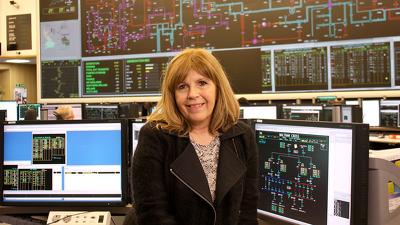
Presenters Jem Stansfield, Liz Bonnin and Maggie Philbin investigate how close Britain might get to running out of electricity.
s08e02 / Cancer
17th Mar '14 - 7:30pm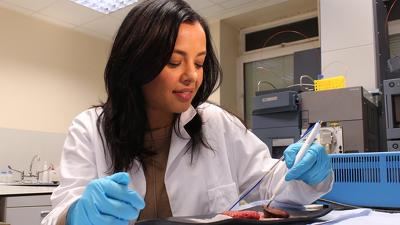
It is 60 years since a British doctor first made the link between smoking and lung cancer, and now it seems we may finally be starting to win the battle against nature's most vicious disease.
s08e03 / Big Data
24th Mar '14 - 7:30pm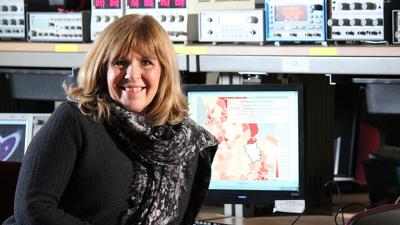
We are living through a revolution that is bigger than the world wide web. The technology we are all using every day is beginning to share our data gadget to gadget, storing and analysing unimaginable amounts of data. The use of our data now known as big data will change our world in ways unimaginable.
s08e04 / Ageing
31st Mar '14 - 7:30pm
Maggie finds out how our muscles and bones change as we get older. Liz finds out more about the human brain as one is grown in in a petri dish. It is hoped that is could pave the way for a cure to diseases including Alzheimer's.
s08e05 / Flu
7th Apr '14 - 7:30pm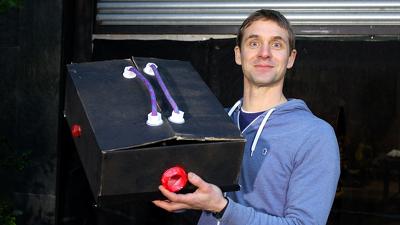
A look at what dangers flu strains actually contain as Liz goes to see how flu vaccinations are made. A experiment were people volunteer to be injected with the flu helps Maggie understand what effects it has on the human body. Jem looks at how quick the virus can multiply.
s08e06 / Flooding
14th Apr '14 - 7:30pm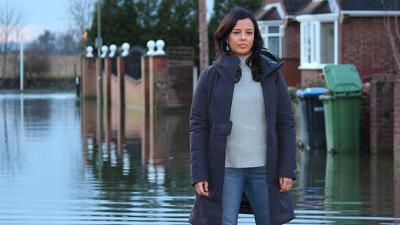
With the waters receding, Bang Goes the Theory takes a more considered look at the recent floods. Did global warming play a part, or is this simply the extreme end of the natural cycle?.
s08e07 / Trains
28th Apr '14 - 7:30pm
Liz takes a look at the possibility that signals could disappear from the country's railways and how hearing impairment could be one of the bigger huggers on the network. Maggie reveals how a train travelling at 125mph is set to revolutionise trackside maintenance.
s08e08 / Natural Disasters
5th May '14 - 7:30pm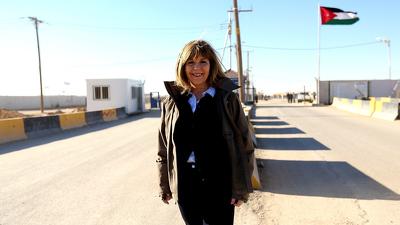
Maggie is at the Zaatari Refugee camp, which is temporary home to over 20,000 Syrians, where she learns about the problems the humanitarian community has to deal with tackling a disaster and how the lessons learnt there could help closer to home. Liz finds out more about cholera, one of the most feared bacteria on the planet.